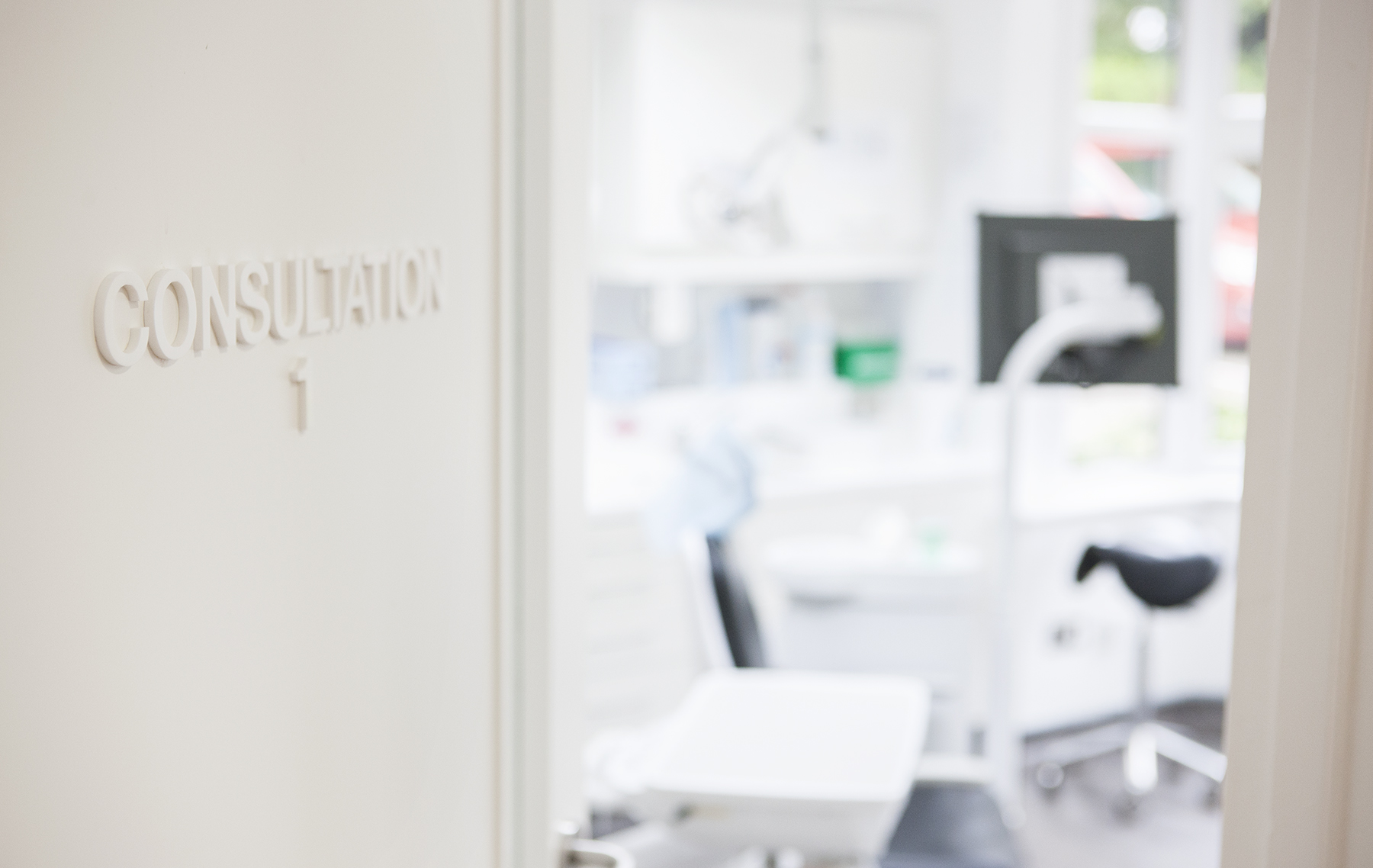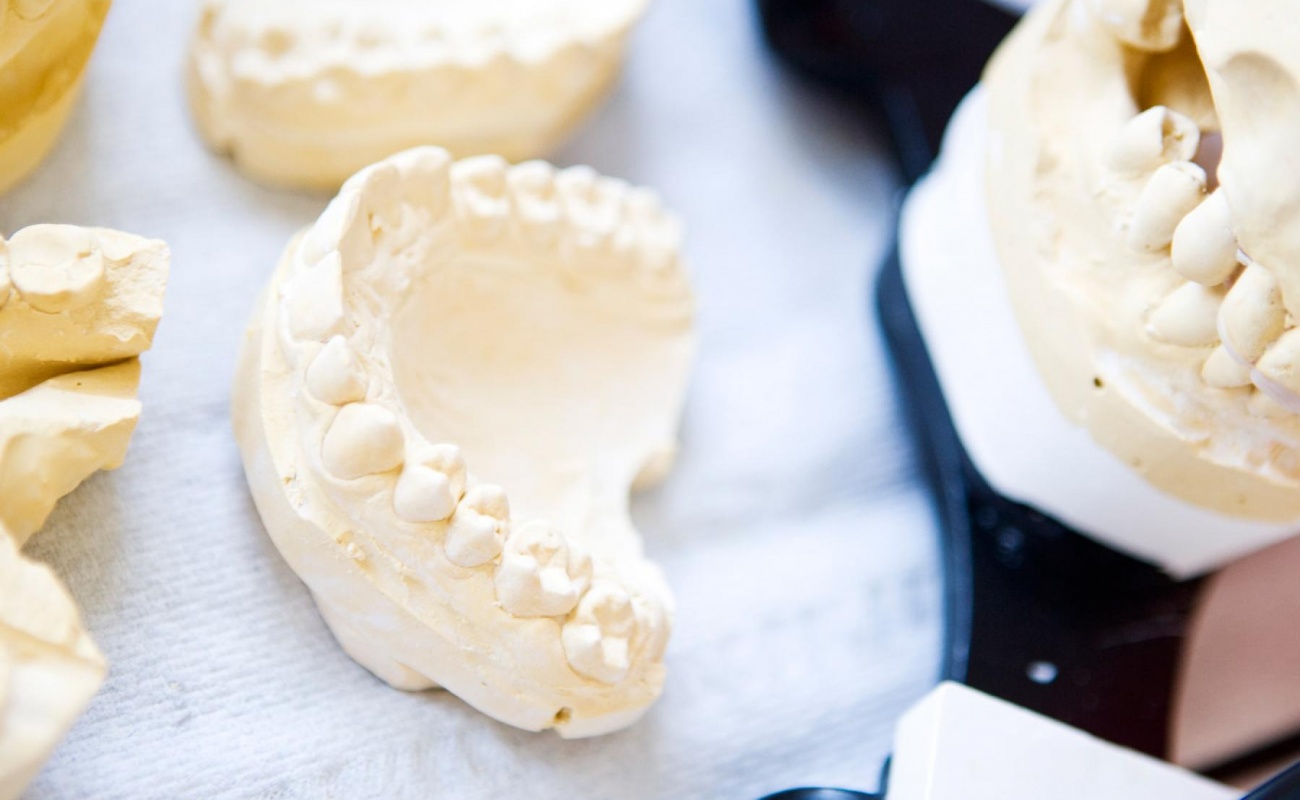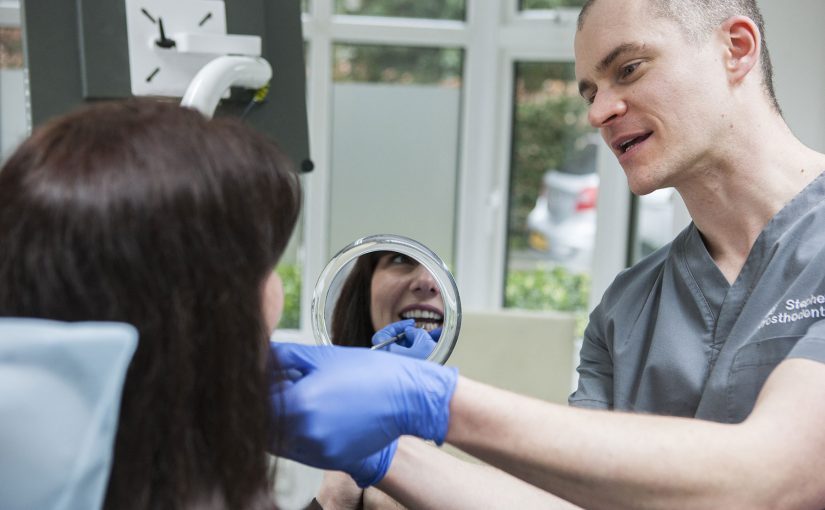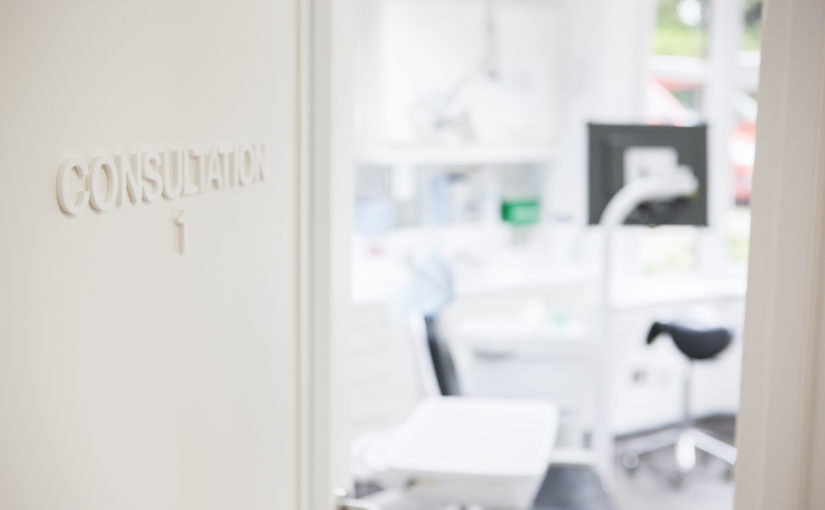21/11/2019
Caring for your teeth when you’re aged 50-70
As we age, our teeth start to show theirs… but with regular care, they needn’t cause you too many problems.
Care, maintenance and spotting problems early all help.
Between 50-70, people may have:
- Cracked teeth
- Failing restorations
- Lots of fillings
- Teeth that need root-canal therapy, implants and treatment of gum disease
- The need for treatment of tooth surface loss due to the long-term effects of acid erosion, tooth grinding and toothbrush abrasion.
- Problems caused by snoring
But there are things you can do to help. Be careful what you eat – you may need to change your diet if you have dietary acid.
Check for gastric reflux – it can lead to acid erosion of your teeth.. You should consult your GP if you suffer from indigestion or acid reflux and also check for hiatus hernia and Barrett’s oesophagus.
Long-term effects of bulimia often show up at this age.
Nerve changes
With increased age, the pulps (including nerves) in your teeth begin to get smaller as a reaction to long-term irritation. The risk that the pulp will become infected or die increases, leading to toothache and abscess formation. This can only be treated with root-canal therapy or extraction.
It’s important to get regular checks, as early detection gives the best prognosis.
Symptoms linked to menopause
The reduction in oestrogen production can lead to many oral symptoms:
- Dry mouth – caused by the body reducing less moisture. This can affect taste buds – some women find they don’t enjoy the foods they used to. You may also have ‘burning mouth syndrome’ which can be felt in the tongue, inner cheeks, palate or lips.
- Gum sensitivity – gums can begin to feel sore and sometimes bleed.
- Tooth loss – most common in post-menopausal women. Lower oestrogen levels weaken the bones and teeth and can lead to tooth loss. Bone changes in the jaw can mean that dentures don’t fit as well as they did.
- Periodontitis (gum disease) – inflammation causing the gums to pull away from the teeth, leading to infection.
Talk to your dentist about any oral changes or discomfort.
Dry mouth
- Men and women in their 50s-60s can suffer with dry mouth.
- Saliva is important for neutralising acids and washing away plaque.
- Sufferers should avoid sucking sweets as the sugar can increase risk of decay – ice cubes are a good alternative.
- Drink plenty of water and try eating crunchy fruit and veg – great for removing plaque.
- We can refer you to an oral medicine specialist for diagnosis and treatment of xerostomia (dry mouth) and recommend artificial saliva products.
Brittle teeth
- Teeth can start to become brittle causing them to crack or chip and let bacteria in.
- The first signs can be pain on biting.
- A small chip can be smoothed down by your dentist. Larger cracks can lead to tooth loss. Fitted crowns or onlays can prevent root fracture.
- Brittleness caused by teeth-grinding can be prevented from worsening by fitting a bite guard.
Tooth crowding
- Teeth can begin to shift with age.
- This is worsened where gums have receded, and the teeth have decreased support from the underlying bone.
- People who grind their teeth put large forces on them, which can result in crooked teeth.
- The first signs can be food getting stuck in new places or teeth might start to slightly overlap.
- It’s important to tackle, as teeth can become more difficult to clean, leading to decay.
- An increased likelihood of gum disease.
- Simply visiting the hygienist more often for a professional clean can help to manage any problems.
- More severe cases might need to be fitted with a retainer or brace.
- Often treatment of gum disease goes hand-in-hand with orthodontic and treatment of the worn bite.
Oral cancer risk
- Oral cancer is more prevalent in the over 50s.
- It can occur on the tongue, palate, insides of the cheeks, lips or gums.
- Risk factors include smoking or tobacco-use, alcohol – heavier consumption is linked to a higher risk and infection with the human papilloma virus (HPV), the virus that causes genital warts
- It’s important to be aware of symptoms as early treatment has a much higher success rate.
Symptoms to look out for include:
- Ulcers or sores that don’t heal within 14 days
- White or red patches on the lining of the mouth or tongue
- Unexplained lumps in the mouth or neck that don’t go away
- Unexplained looseness of teeth or sockets that don’t heal
- Numbness in the tongue or lip
- Speech-changes such as a lisp
Never hesitate to report any new or unusual symptoms to your dentist. We carry out an oral cancer examination as an integral part of the regular dental examination.

Dentures – a summary guide
- Partial dentures replace individual teeth.
- Complete dentures replace all the upper or lower teeth (or both).
- Partial or full dentures may be needed if you have lost teeth due to decay or gum disease, in which case the jaw might not be healthy enough for implants.
- Dentures can help with eating and speech problems and can improve the appearance of your smile and therefore, confidence.
- When you have dentures, they hold bacteria against your remaining teeth and gums. To avoid further problems, you need to clean even better than before.
- Dentures should also be brushed and soaked in a denture cleaning solution daily.
- Dentures replacing all of the lower teeth are often unstable and affect quality of life. Dental implants can be used to stabilise a loose lower denture, or completely replace it with fixed-in teeth.




